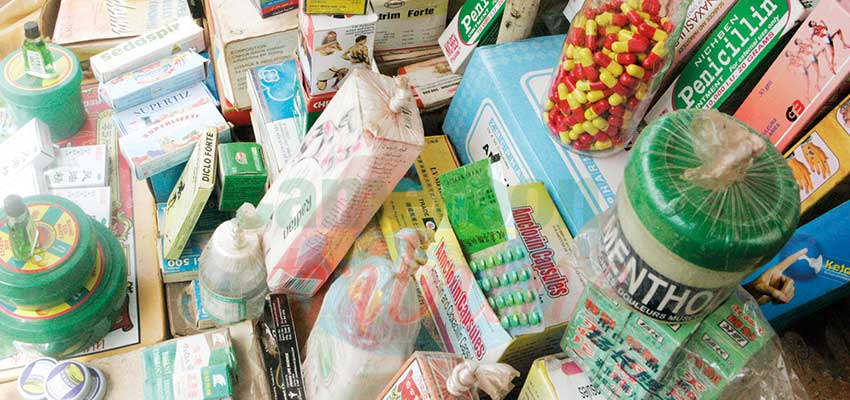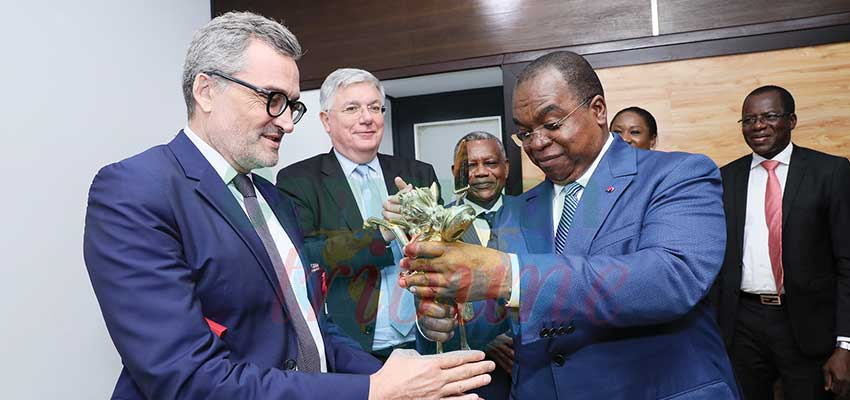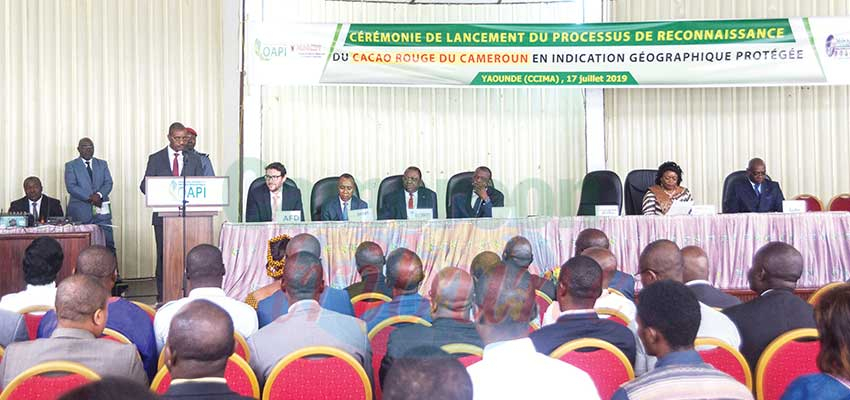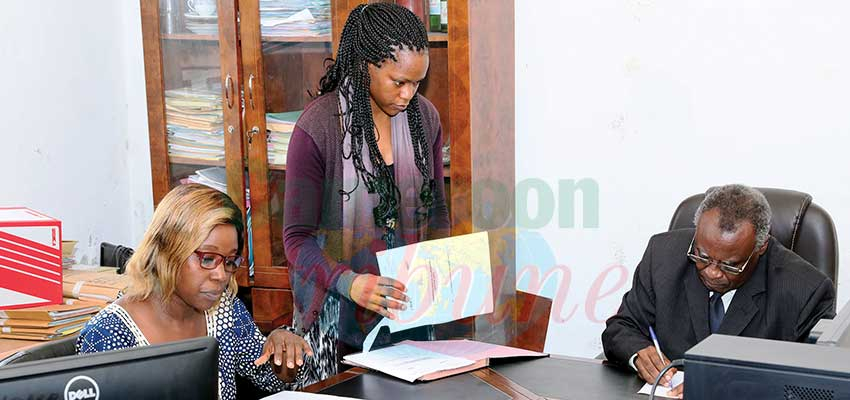
The Customs Department’s anti-contraband brigade collected the fines from defaulters in six months.
Dealers in contraband goods have paid a cumulative amount of over FCFA 900 million into the state treasury within the past six months, thanks to Operation Halt Illicit Trade codenamed Operation Halcomi III. The figures were made public during the second coordination meeting of central and devolved services of the Customs Department of the Ministry of Finance held in Yaounde on July 12, 2019.
The operation targets goods that are imported into the country through irregular customs procedures, products smuggled by traders evading customs duties and products that are not supposed to enter the country due to a government ban.
According to statistics presented during the coordination meeting held under the auspices of the Customs Department’s Director General, Fongod Edwin Nuvaga, the fines amounting to FCFA 900, 812, 820 were paid by people trading illicitly in sugar, cars, tramadol, medicines, vegetable oils, frozen chicken, rice, cigarettes, cosmetics, cement, mobile phones, wines and whiskeys, among others.
The mission of the brigade, we learned, is made possible by effective planning and strategizing. The Customs Department divided the country into zones for easy coordination. Zone 1 which has its base in Douala consists of the Littoral, North West, West and South West Regions. Zone 2 comprises the Centre, South and East Regions with base in Yaounde while the Adamawa, Far North and North regions constitute Zone 3 with its base in Garoua.
Zone 2 topped the table with fines and charges paid into the treasury totaling FCFA 346, 206, 965. Zone 3 followed with FCAF 330, 254, 855 while Zone 1 recorded FCFA 224, 351, 000.
Customs officials say the introduction of HALCOMI has reinforced surveillance activities and increased the level of taxation of certain goods in certain offices like the revaluation of the level of taxation of the loincloth at the Douala Ports Authority. It is also said to have facilitated the reduction of the overbearing influence of local authorities on the customs activities and raised the level of responsibility of the department vis-à-vis merchants and other long-standing partners. It should be noted, however, that some of its operations are carried out in collaboration with other government ministries and departments.








Comments